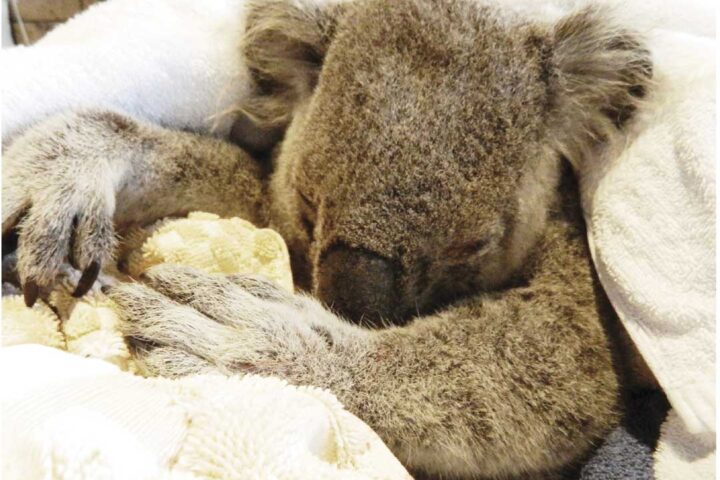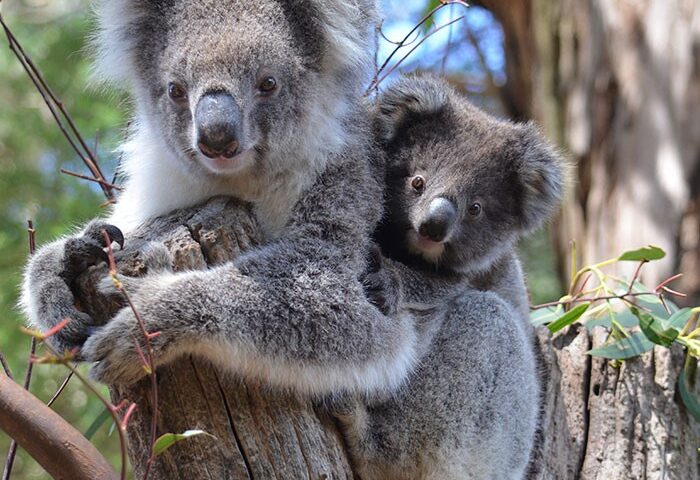FUKUSHIMA RADATION IMPACTING WEST COAST WHALES ?
Whale watchers fear visiting whales will face radiation dangers as both gray and humpback whales migrate up and down the West Coast.
Story and photo by Dave Masko
CENTRAL OREGON COAST – The coast’s winter whale watching season brings real fear for visiting humpbacks and grey whales encountering “radiation hot spots” along West Coast waters as they migrate to and from Alaska and Mexico.
The central Oregon coast’s whale watching training features more than 100 volunteers at 25 whale-watching sites along the coast during the height of the whale watching winter season, Dec. 27-31. However, this year’s whale-watching volunteers have been trained in the dangers of radiation relating to human and whale health.
For example, there has been a rash of dead humpback whales washing-up along central Oregon coast beaches in the wake of the entire West Coast of North America being hit by radioisotopes from the damaged nuclear reactors at Fukushima, Japan.
“We have been trained to stay clear of any dead whales that wash ashore during this forthcoming winter migration. We will be watching out for problems impacting our humpbacks and gray whales,” explained longtime whale watching volunteer Andy McFall during a Nov. 17, 2014 interview.
For instance, McFall says he will look for unusual behavior and death on the beaches, “as these whales migrate through our central Oregon coast waters. In Oregon we don’t play when it comes to these environmental dangers we are all facing right now; especially these radioactive isotopes out there.”
JAPAN’S LEAKING RADIATION AND HUMAN HEALTH
While the government downplays leaking ionizing radiation from Japan’s Fukushima Nuclear Power Plant, scientific experts think human exposure results in clear levels of damage to the human body over time; including the lungs, thyroid, skin and liver being “very sensitive to radiation damage caused by specific radionuclides: alpha particles, beta particles and gamma rays.”
Scientific research points to “radiation” now being detected from Japan’s March 2011 Fukushima nuclear power plant meltdown.
Experts say the radioactive materials are still being dumped into the Pacific Ocean.
In fact, there is currently an effort for West Coast locals to collect samples and report any “radiation strangeness” to the http://ourradioactiveocean.org/ website. The site is run by the Center for Marine and Environmental Radioactivity (CMER).
CMER scientists said they are “deeply concerned” about the unabated release of radioactive contaminants from the crippled Fukushima Nuclear Power Plant.
Although government officials have joked that “nobody will be glowing just yet,” there are CMER and Woods Hole Oceanographic Institution scientists that claim there is “an ongoing spread of radiation across the Pacific” that is “evolving into something horrible.”
The radiation is seriously impacting both the Pacific Ocean, and all people who live near it, say experts and locals.
“We’re told that we’re not yet at risk for radiation poisoning and disease. Yet, the thinking in five to 10 years’ time there will be lots of cancer hitting residents of the West Coast,” says concerned central Oregon coast resident Philip Neiman.
Neiman, an 89-year-old World War II veteran, added: “I remember the horror after we dropped the A-bombs on Japan. Then the radiation poisoning that killed people for years and years later. Mention radiation and the red flag goes up.”
In turn, Neiman has joined neighbors here along the central Oregon coast to mobilize and help raise money so CMER can analyze about five gallons of seawater the veteran recently collected to “check for signs of radiation from that leaking Fukushima Nuclear Power Plant.”
THE PACIFIC OCEAN IS AWASH WITH RADIOISOTOPES THAT ARE RISKY TO HUMAN HEALTH TODAY, STATE CMER SCIENTISTS.
While government officials say the radiation found up and down the West Coast of North America – including here along the Oregon Coast – is “only as toxic as a dental X-ray,” whale watching volunteer Peggy Campbell says “I am not comforted by that news when it comes to our visiting gray and humpback whales that are due in our waters between Dec. 27-31.”
Campbell is asking local marine science experts at the nearby Oregon State University Hatfield Marine Science Center in Newport to “do whatever they can to educate coastal residents and visitors about the radioactive dangers washing up from Japan.”




